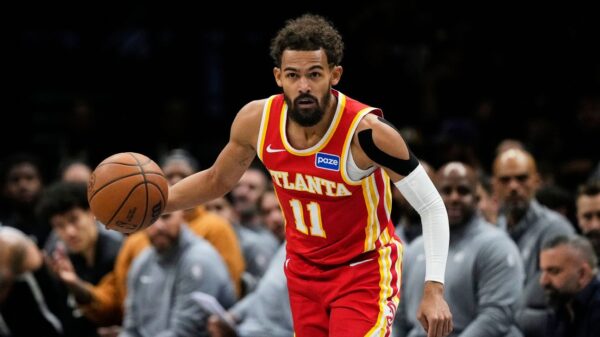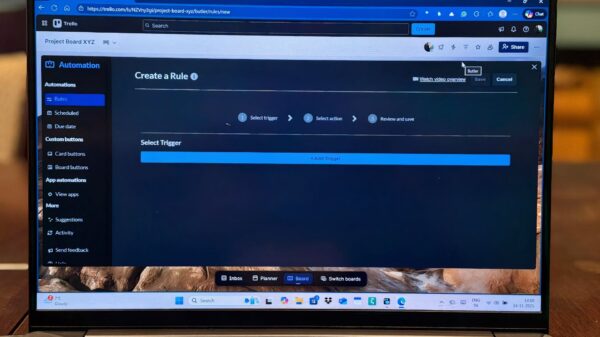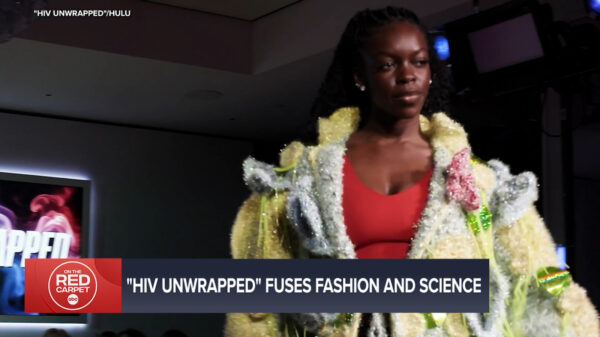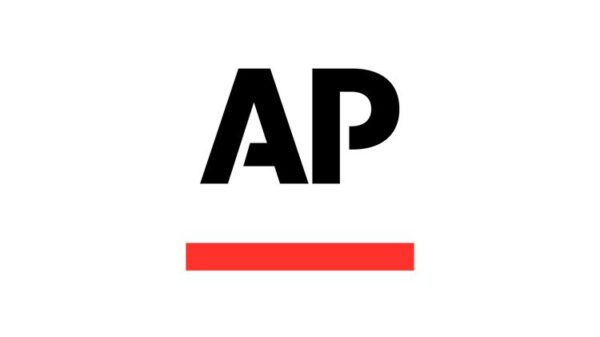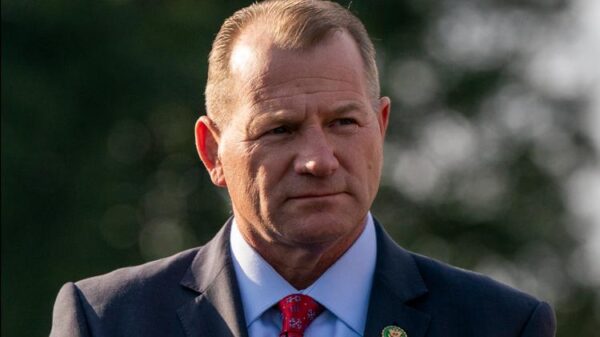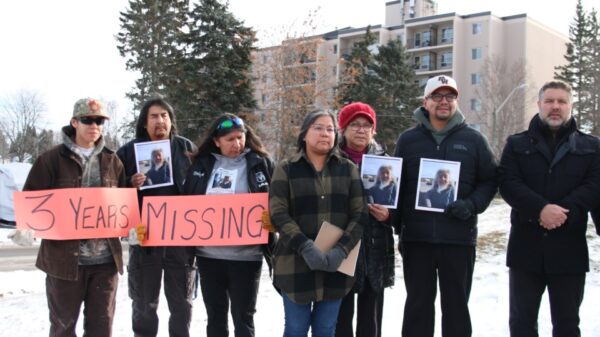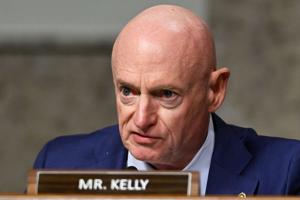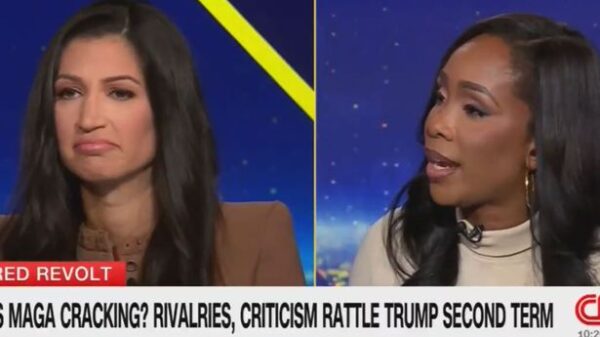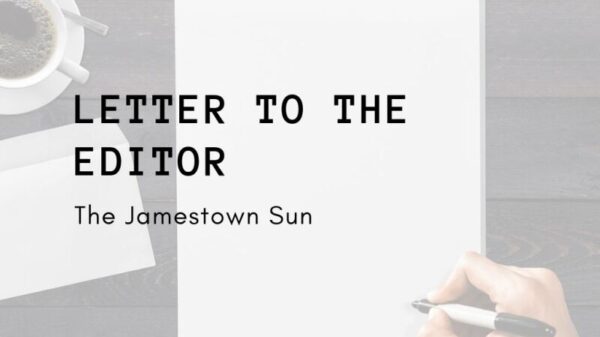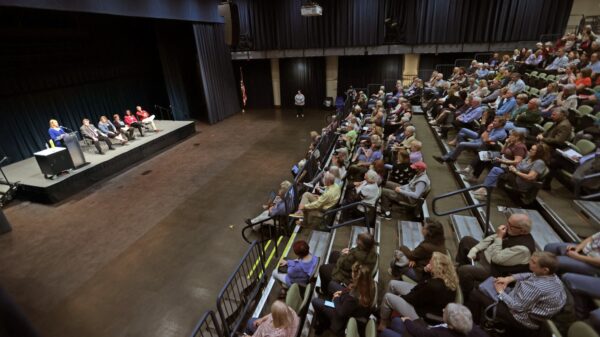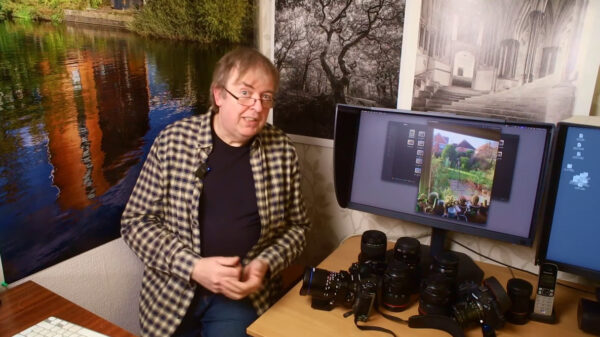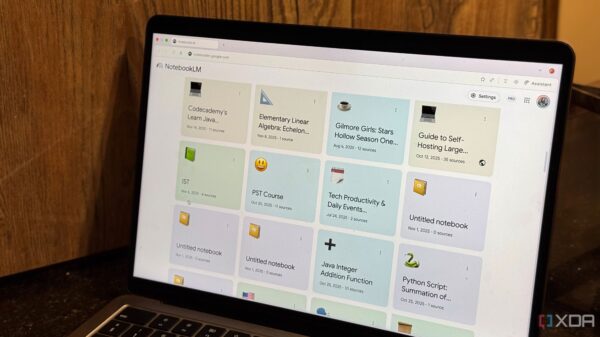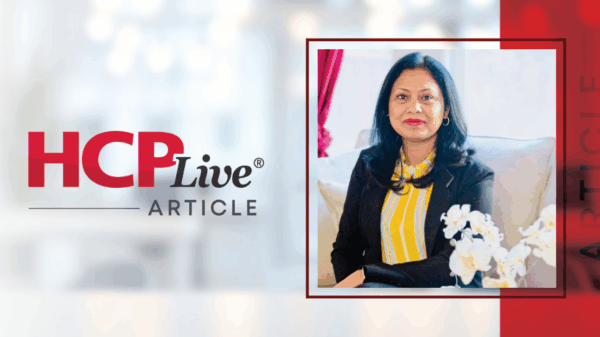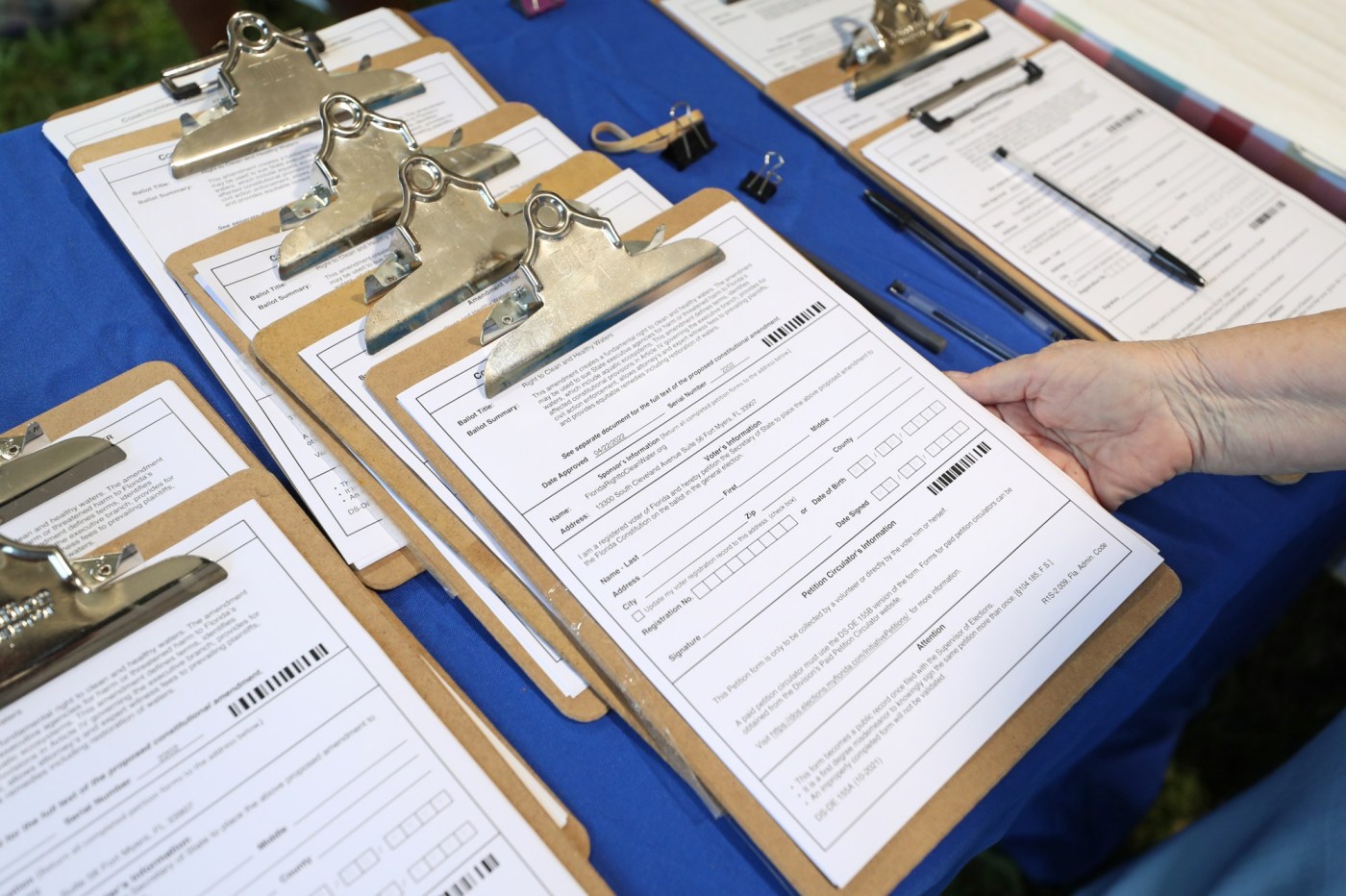A divided panel from the 11th U.S. Circuit Court of Appeals has temporarily blocked a ruling that would have halted restrictions on who can collect signatures for ballot proposals in Florida. The court’s decision allows the enforcement of a law prohibiting non-Florida residents and non-U.S. citizens from gathering signatures, a move that has sparked significant legal challenges and political debate.
The restrictions were included in a broader election law, HB 1205, passed earlier this year by Republican lawmakers and supported by Governor Ron DeSantis. This law emerged after two proposed constitutional amendments—one to legalize recreational marijuana and another to secure abortion rights—failed to obtain the necessary support in November.
Florida Decides Healthcare, a political committee advocating for a Medicaid expansion ballot initiative, filed a federal lawsuit in May. The lawsuit contends that the signature collection restrictions infringe upon constitutionally protected political speech. Notably, Smart & Safe Florida, the group behind the marijuana proposal, is also a plaintiff in the case.
In July, U.S. District Judge Mark Walker issued a preliminary injunction against the restrictions, ruling that they excessively limited the activities of petition drives. However, in a 2-1 decision released on Tuesday, the appellate panel sided with the DeSantis administration, stating that the state had demonstrated a strong case that the law does not violate the First Amendment.
Judge Barbara Lagoa, writing for the majority, argued that the residency and citizenship requirements do not impede any aspect of free speech related to the petition-circulation process. She asserted that the law permits non-residents and non-citizens to engage with voters in discussions about political issues. Lagoa’s opinion emphasized that the law does not prevent these individuals from persuading Florida voters prior to their decision to sign a petition.
The law imposes significant penalties for groups that “knowingly” violate the restrictions, including potential fines of up to $50,000 and the requirement to discard any petitions collected by ineligible individuals. Attorney General James Uthmeier praised the appellate court’s ruling, stating, “Neither Californians nor Colombians have a right to collect petitions from Floridians who wish to change the Florida Constitution.”
In a dissenting opinion, Judge Nancy Abudu criticized the majority ruling as inconsistent with prior court decisions, warning that it risks positioning the 11th Circuit as an outlier among federal courts. Abudu characterized the restrictions as a sweeping barrier to political participation and suggested they violate foundational First Amendment principles. She highlighted that if upheld, the law could enable Florida to criminalize various forms of expressive activities based solely on the characterization of such actions as ‘conduct’ rather than ‘speech.’
The majority opinion countered Abudu’s assertions, emphasizing that the law does not inhibit the exchange of ideas regarding political change. The court referenced a previous ruling in the case of Biddulph v. Mortham, underscoring that persuasive efforts occur before any voter signs a petition.
Legal representatives for the DeSantis administration argued that the restrictions are crucial for addressing potential fraud in the ballot initiative process. They cited a report from the Office of Elections Crimes and Security that identified instances of misconduct related to upcoming ballot initiatives.
Opponents of the law expressed disappointment in the ruling but remain hopeful that it will ultimately be deemed unconstitutional. Mitch Emerson, executive director of Florida Decides Healthcare, criticized the court for dismissing First Amendment concerns, stating that the ruling ignores established legal precedents and hampers their ability to collect the required 880,000 valid signatures by February 1, 2026 to qualify for the ballot.
The case also involves other plaintiffs, including advocates for an initiative aimed at protecting clean water rights, Poder Latinx, which represents Hispanic communities, and the League of Women Voters of Florida.
The judicial divide on this issue highlights the contrasting approaches of judges appointed by different administrations. Lagoa and Branch, nominated by former President Donald Trump, align with the majority opinion, while Abudu, appointed by former President Joe Biden, takes a more critical stance on the implications of the law.
As the legal battle continues, the implications of this decision could significantly impact the landscape of political engagement in Florida, particularly for grassroots movements seeking to influence state policy through ballot initiatives.


